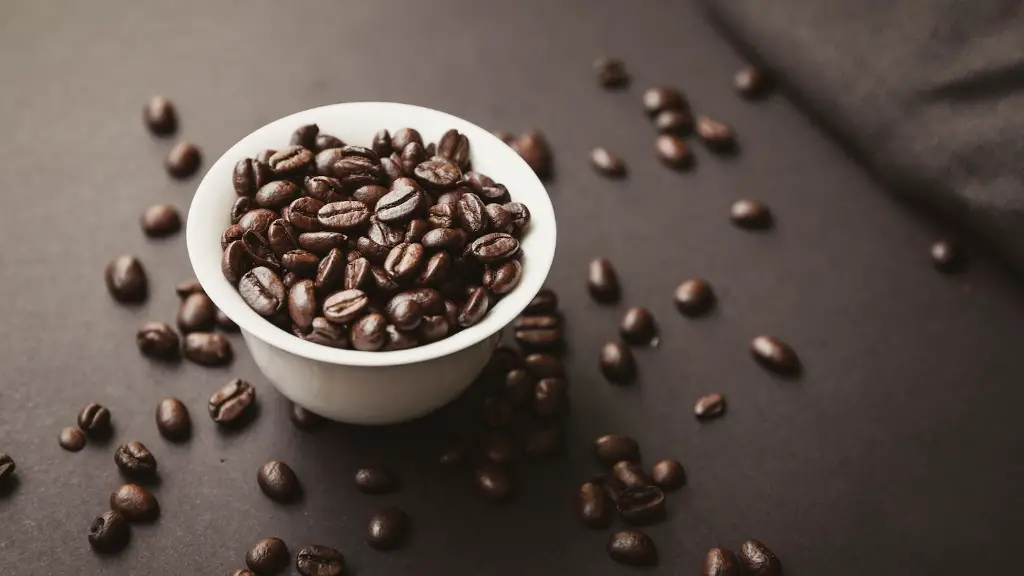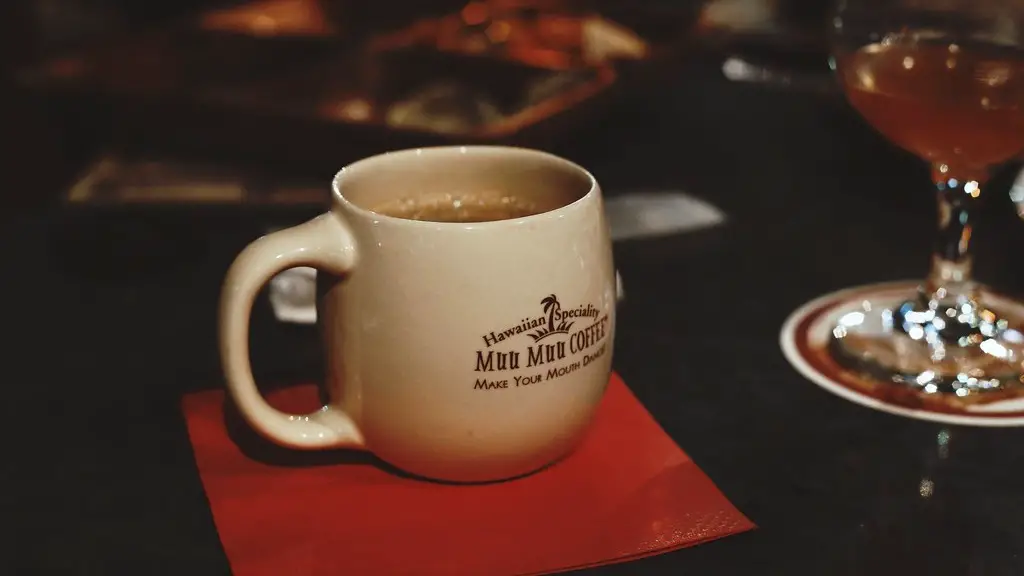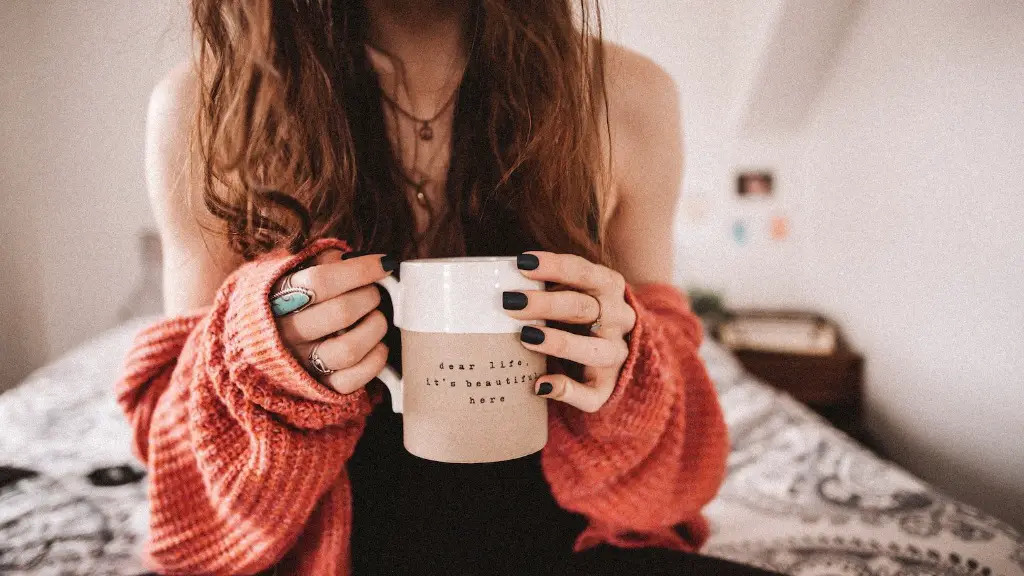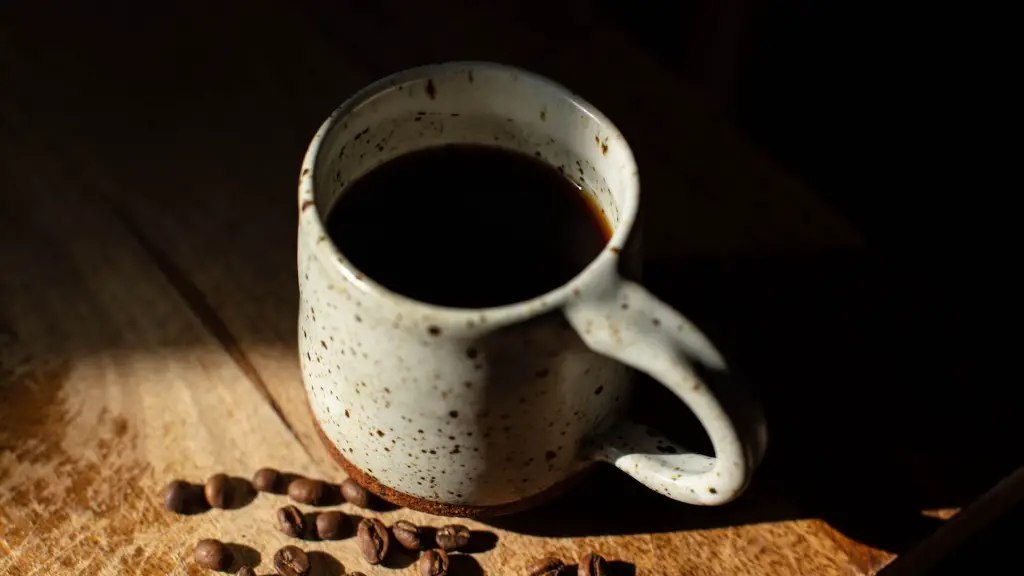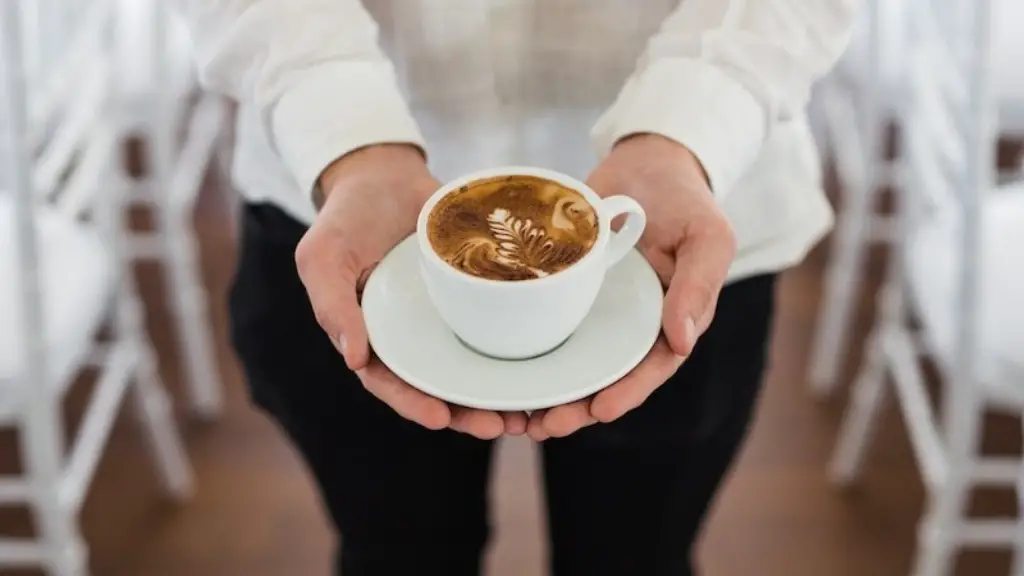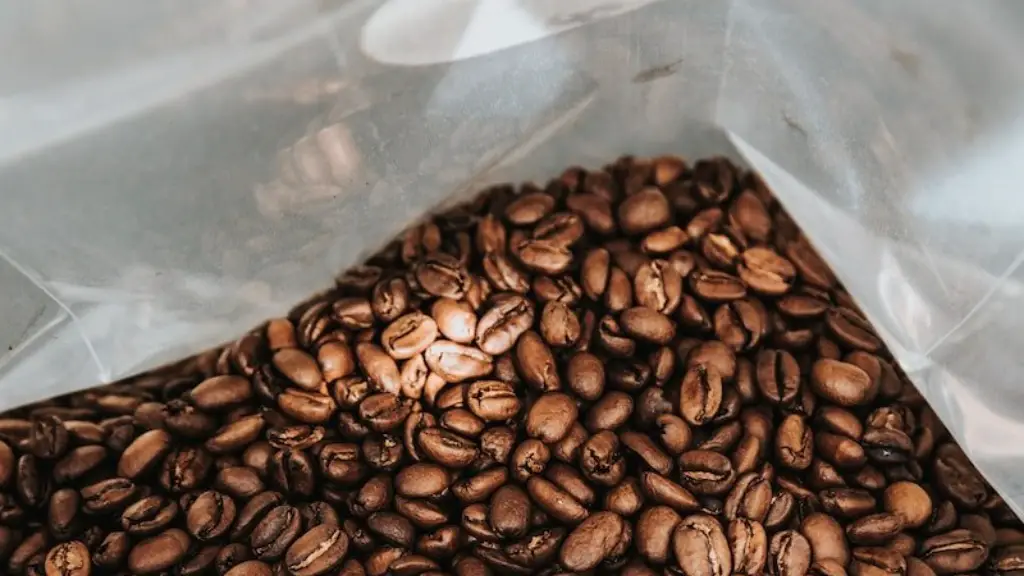Roasted coffee beans are coffee beans that have been roasted. The roasting process gives coffee beans their distinct flavor and aroma. Roasted coffee beans can be eaten whole or ground into coffee powder.
Yes, you can eat roasted coffee beans.
How many roasted coffee beans can you eat?
It’s safe to eat around 20 to 30 coffee beans per day, as long as you’re not pregnant or sensitive to caffeine. This is equivalent to around 7-10 beans per serving, which would be roughly the amount of caffeine in a regular 8 oz cup of coffee.
You can eat raw coffee beans, but they may not taste as good as roasted beans. They are also highly acidic and dense, which makes them difficult to chew.
What are the benefits of eating coffee beans
Coffee is a great source of antioxidants, which are said to protect us from cardiovascular disease, inflammation and other nasty things. These antioxidants can be found in lots of plant-based food and drink, but coffee is particularly good source. It’s no surprise that undiluted whole coffee beans are packed extra full of antioxidants.
Raw coffee beans are highly acidic, which gives them a strong flavor that some people find unpleasant. They are also much harder than roasted beans, making them difficult to chew.
Will eating coffee beans keep you awake?
A single coffee bean has a very small amount of caffeine in it. However, because the caffeine is absorbed directly into your bloodstream through your mouth, it can still give you a bit of a boost. The caffeine will usually start to work while you’re still chewing on the bean, but it will also wear off more quickly.
While the caffeine content in coffee beans varies depending on the type of bean used, all coffee beans contain some amount of caffeine. A single coffee bean contains about 6 milligrams of caffeine, but this can vary depending on the type of bean used. For example, Arabica coffee beans have about 12 milligrams of caffeine per gram, while Robusta coffee beans have about 22 milligrams of caffeine per gram.
What are the side effects of eating coffee beans?
There are several disadvantages to eating roasted coffee beans, including heartburn, bloating and/or nausea, laxative effect, sleep disturbances, anxiety and elevated heart rate, and caffeine withdrawal symptoms. Additionally, there is an increased pregnancy risk associated with consuming caffeine, so pregnant mothers should avoid it as much as possible.
There is no clear answer when it comes to the best tasting coffee in the world. Different people have different preferences, and what somebody might consider the best coffee beans, another person might not agree with. However, there are a few coffee beans that are generally considered to be some of the best tasting varieties out there. These include Tanzania Peaberry Coffee, Hawaii Kona Coffee, Nicaraguan Coffee, Sumatra Mandheling Coffee, Sulawesi Toraja Coffee, Mocha Java Coffee, and Ethiopian Harrar Coffee.
What happens if you eat a spoonful of coffee grounds
Coffee grounds are a great addition to any diet! Not only do they contain beneficial antioxidants and dietary fiber, but they also provide a good source of caffeine. Caffeine has been shown to have many health benefits, including improved mental alertness and decreased risk of certain diseases. So go ahead and add coffee grounds to your next meal!
Now, coffee is considered to be a superfood, thanks to the thousands of scientific studies demonstrating its extraordinary range of health benefits. Coffee is now on par with berries, dark leafy greens, salmon, green tea, olive oil, and other nutrient-dense foods in terms of its health benefits. So if you’re looking to improve your health, start by adding coffee to your diet!
Can I eat coffee beans for weight loss?
Eating coffee beans may promote weight loss, as the caffeine they contain has been linked to improved endurance during workout, improved metabolism, and an increased rate of fat burning. To get the same amount of caffeine as a shot of espresso, you need to eat roughly between 37 to 48 coffee beans.
Coffee beans are a great source of antioxidants and flavonoids, which can help protect our cells against damage and reduce the risks of heart disease. including heart disease.
What happens if you brew unroasted coffee beans
It is possible to brew a beverage from green, unroasted coffee beans, but it won’t even vaguely resemble what you expect from a cup of coffee. Green coffee beans have grassy, vegetal flavors, according to Kopi Luwak Direct, which explains that while you can eat green coffee beans, you may not enjoy the flavor.
This is because caffeine is released during the roasting process, so unroasted coffee beans have a lower caffeine content. If you’re looking for a less caffeinated cup of coffee, green beans are a good option.
How do you prepare coffee beans from a tree?
To make a great cup of coffee, you need to start with great beans. Follow these steps to ensure you get the best possible coffee beans for your cup of joe.
Pick ripe coffee cherries – this will ensure that the beans are flavorful and of good quality.
Remove the beans from the fruit – this can be done by hand or with a machine.
Throw the beans into some water for a day or two – this will help to remove any impurities from the beans.
Dry the beans – this can be done in a dehydrator or in the sun.
Remove the parchment layer – this is a thin layer that covers the bean.
Roast the beans – this step is essential to getting the perfect flavor from your beans.
Grind the coffee – this can be done with a coffee grinder or a blender.
However, coffee beans are quite hard, so it’s best to avoid swallowing them whole. Chewing them thoroughly will help to release their flavor and make them more palatable. If you do accidentally swallow a coffee bean, don’t worry – it won’t do you any harm.
How many espresso beans are equivalent to a cup of coffee
The average cup of coffee contains between 95-100mg of caffeine, while an average espresso bean contains about 6mg of caffeine. This means that you would need around 16-17 beans to equals a cup of coffee in terms of caffeine content.
Coffee beans are a extremely low calorie food, with zero added fats, sugars, or carbohydrates. A single serving of coffee beans contains about 10 calories, making them a great choice for people looking to cut down on calories.
Warp Up
Yes, you can eat roasted coffee beans.
There is no conclusive answer to whether or not roasted coffee beans are safe to eat. Some people report feeling no ill effects after eating roasted coffee beans, while others have experienced minor stomach upset. If you are concerned about whether or not roasted coffee beans are safe to eat, it is best to consult with a medical professional.
